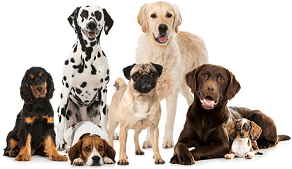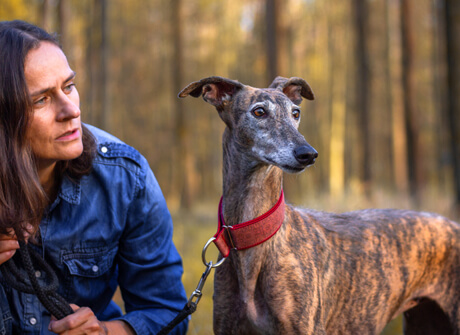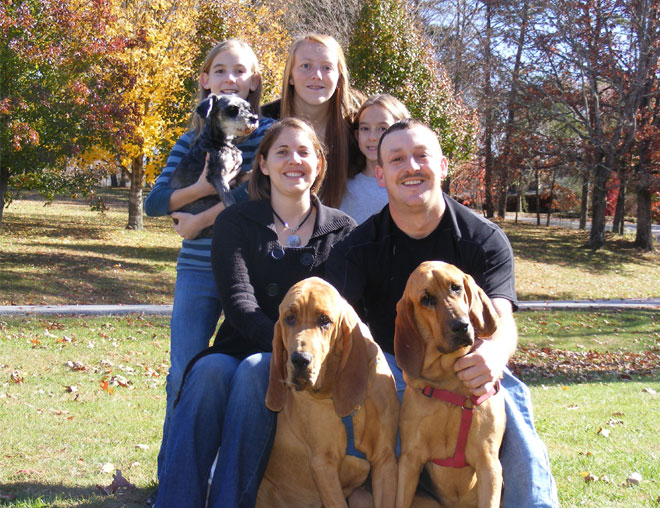Privacy Policy: Your email address is 100% safe.
We don't spam and hate it as much as you do 🙂 You can also unsubscribe from our mailing list at any time.

Socializing Greyhounds

One, who owns a greyhound or is looking to own one, should be aware of the fact that socialization is a very important factor, where these dogs are concerned.
The greyhounds, as the statistics support, have been mostly racing dogs, and 95% of them have made a transition from racers to pets. They are never really friendly with people whom they don’t know and owing to their background as racers they tend to chase them off at first sight.
In fact, there appears to be a direct relationship between their chasing nature and unsocial attitude. About 20% of these dogs have an extremely high prey instinct.
A newly trained pet, or rather a greyhound that has just turned into a pet, after a long life on the racing tracks, is bound to be skeptical of strangers. You will find it playing to its heart’s delight with the people in the house, but the mere sight of an outsider, an individual, a dog, a cat or even a rabbit will set him off. This happens primarily due to the fact that he has been used to running along the tracks all throughout his life when he had probably been given specific objects to keep sight of, which he could track down and thus win the race.
Once trained into a domestic animal, the greyhound makes a wonderful pet. Its transformation from a racer to a pet requires diligent training. Owners are almost always successful in taming them but when it comes to socializing them, they are faced with quite a challenge.
The greyhounds are usually sensitive and elegant, and very brave but they can be quite willful too. They are to be socialized at an early age before its too late and they end up turning into timid beasts. Owing to his reserved behavior towards his master as well as others, he tends to be undervalued.
Greyhounds are programmed as racers. Unless warned, they would probably even run through a glass door. They need specific care to the extent that even the general dog collar or leash can do them harm.
Before taking a greyhound, one should be perfectly conversant with the methods to train him into domestic life. Adoption centers with experts at handling animals are the best possible options to turn to when one is at a loss with a greyhound.
These professionals understand the mind of the dog. A dog that is used to a schedule of running at a particular time of the day and then again staying locked in a room for the rest of the day is bound to feel ecstatic when set scot-free. Domestic life for him would mean running around in his owner’s house all throughout the day, without really having to follow too many ground rules.
This however, has its pros and cons. Settling into domestic life calls for certain norms to be adhered to as well, aside from being just a household pet. All these norms can sum up to what we call socialization.
Indoors, within the household, they are calm and adaptable to the point of being lazy and are not even watchful or alert. But outdoors, they need special care to get accustomed to the life outside.
While interacting with people who are not family members, they need to be molded into warm, friendly animals that know how to be at their best possible behavior even when confronted with a stranger.
Learn more about Greyhound dogs.
Train Your Dog To Listen To You
Sign up for our Free Dog Mini Course to have a housebroken, obedient dog that happily comes to you every time you call.
You'll learn new commands to obedience-train your dog as well as how to housebreak your dog in 6 days or less.
You'll also learn how to eliminate bad habits like barking, nipping or biting, jumping, or pulling on the leash.


